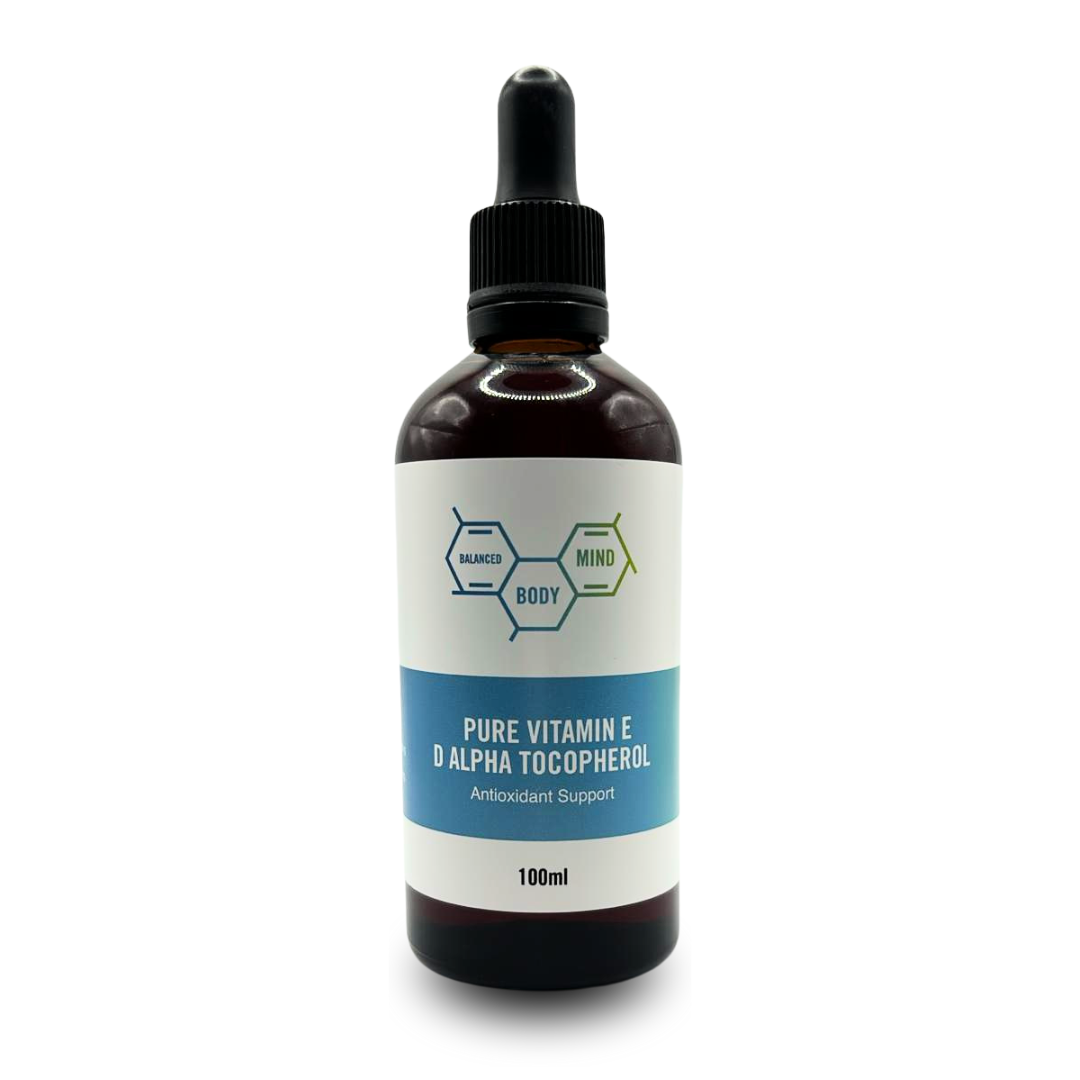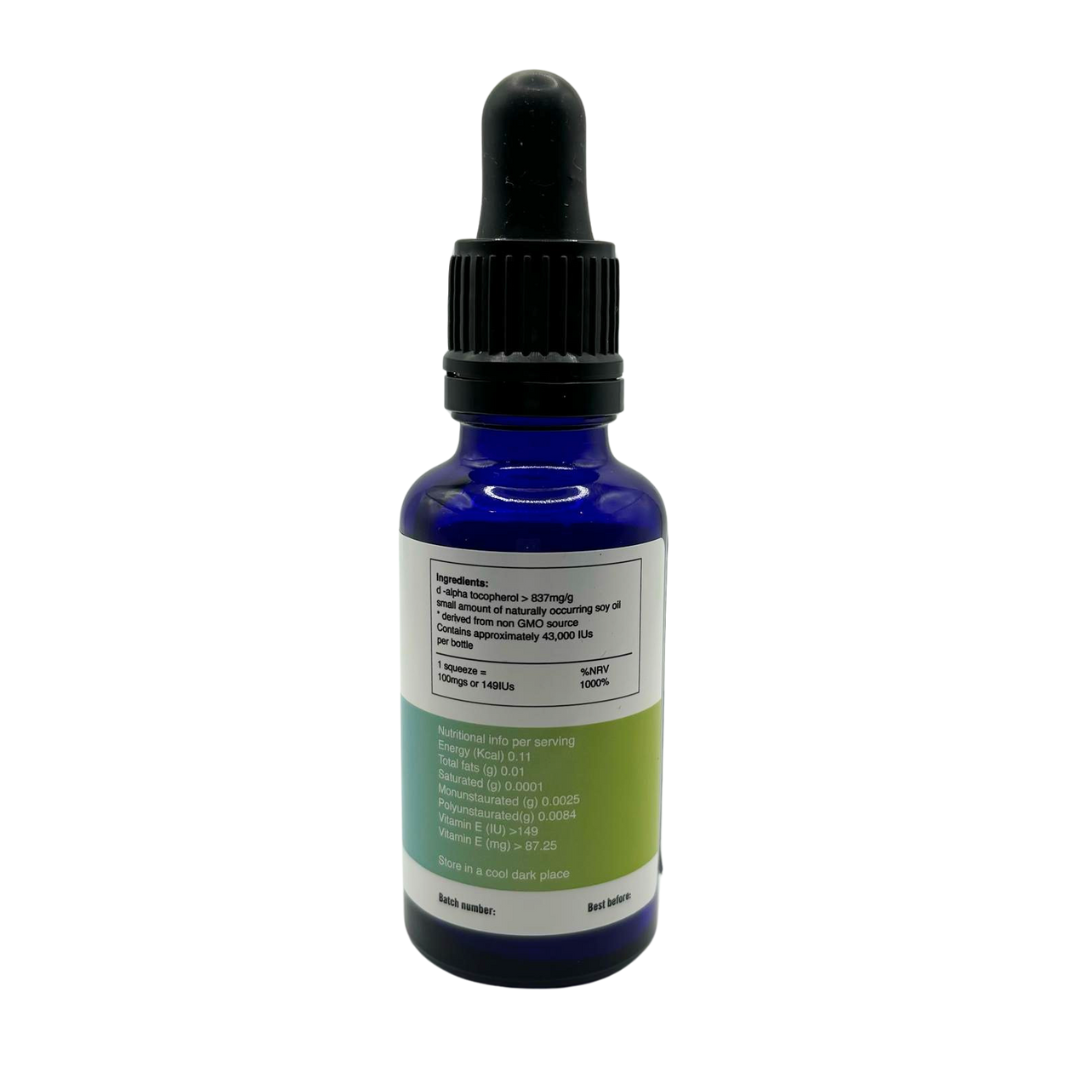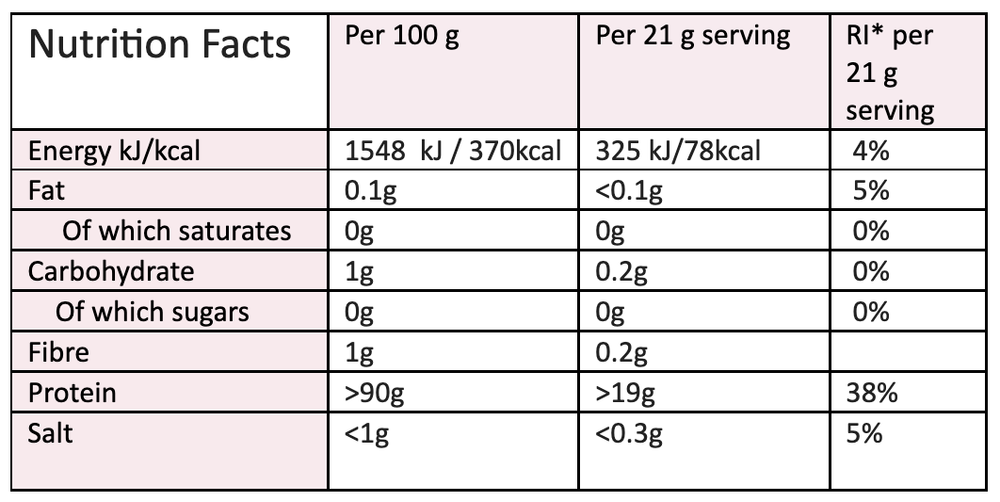Grass Fed Beef Collagen
500g Hydrolysed beef collagen
23 servings of 3 tablespoons.
3 tablespoons yields 21 grams of collagen
Non GMO farming
Collagen is a useful source of low tryptophan amino acids, that is high in the anti inflammatory sources of glycine and proline.
If you would like more information on the benefits of collagen derived amino acids please request to join the members forum after you have made your purchase.
500g Hydrolysed beef collagen
23 servings of 3 tablespoons.
3 tablespoons yields 21 grams of collagen
Non GMO farming
Collagen is a useful source of low tryptophan amino acids, that is high in the anti inflammatory sources of glycine and proline.
If you would like more information on the benefits of collagen derived amino acids please request to join the members forum after you have made your purchase.
500g Hydrolysed beef collagen
23 servings of 3 tablespoons.
3 tablespoons yields 21 grams of collagen
Non GMO farming
Collagen is a useful source of low tryptophan amino acids, that is high in the anti inflammatory sources of glycine and proline.
If you would like more information on the benefits of collagen derived amino acids please request to join the members forum after you have made your purchase.
Collagen is the main ECM protein of connective tissues such as the skin, cartilage and blood vessels, providing structural integrity and performing various physiological functions. Young skin is composed of 80% collagen type I, the main collagen in the skin, and 15% collagen type III. Collagen production and the ratio of type I to type III gradually decline with age. The loss of collagen production in the body starts from early adulthood and presents a 1–1.5% decrease per year . Many anti-aging applications of a wide range of ligands, including antioxidants (vitamins, polyphenols and flavonoids) and cell regulators (retinol, peptides, hormones and botanicals) are targeted to stimulate the production of collagen and ECM components. Collagen has been proven to be a potential dietary supplement for slowing down the effects of chronological skin aging and skin photoaging . One of the proposed functioning mechanisms of collagen hydrolysates is that collagen oligopeptides act as ligands and bind to receptors on the fibroblast membrane to stimulate the production of new collagen, elastin, and hyaluronic acid. Ref: Chae M, et al Collagen Peptides Prevent Cortisol-Induced Decrease of Collagen Type I in Human Dermal Fibroblasts. Int J Mol Sci. 2021 Apr 30;22(9):4788













